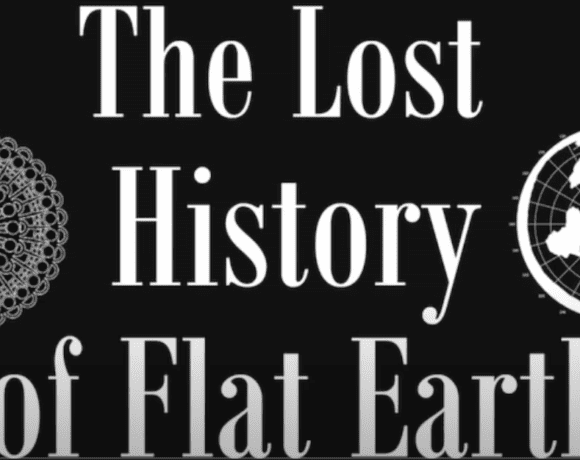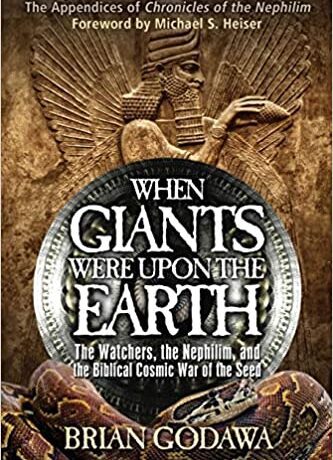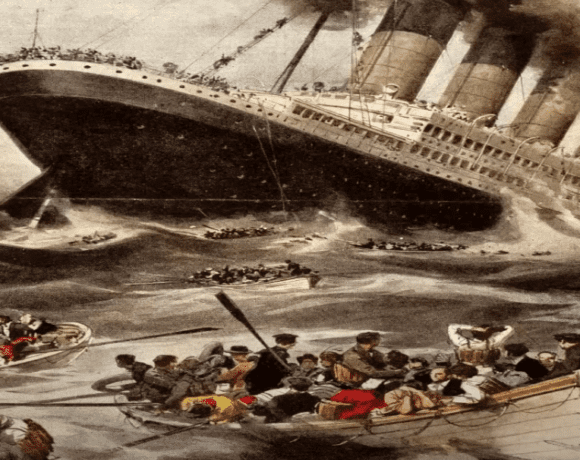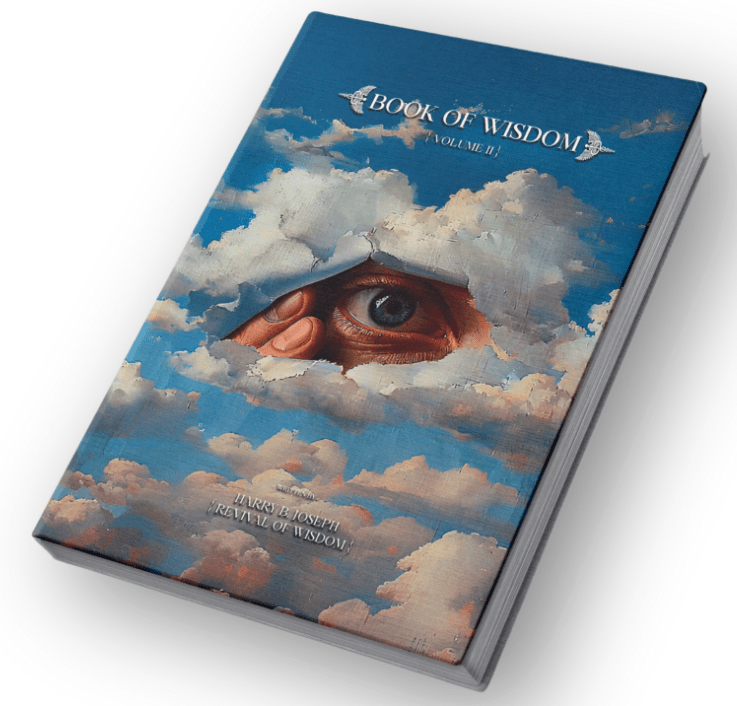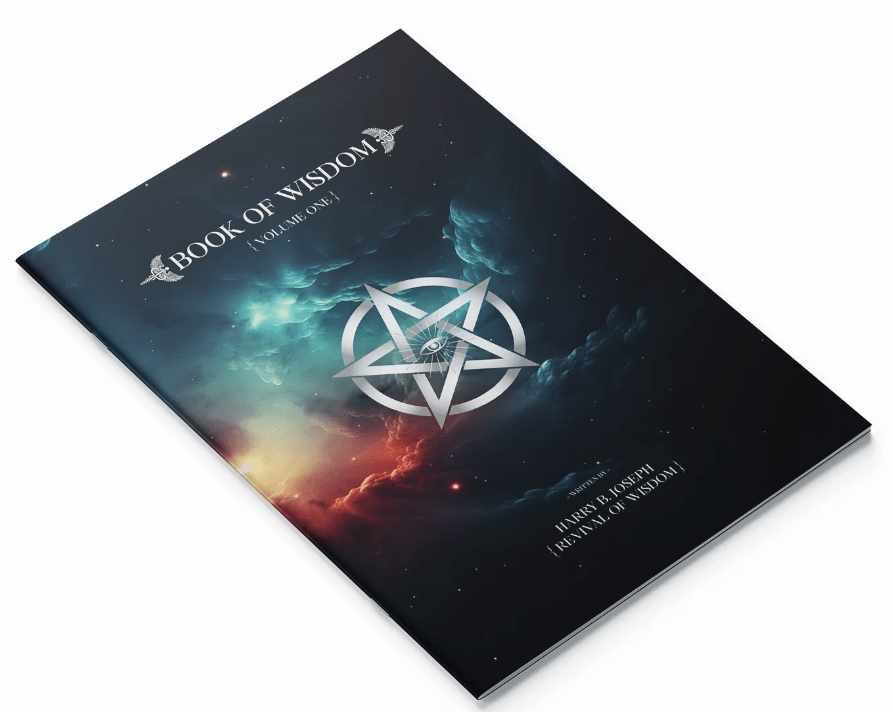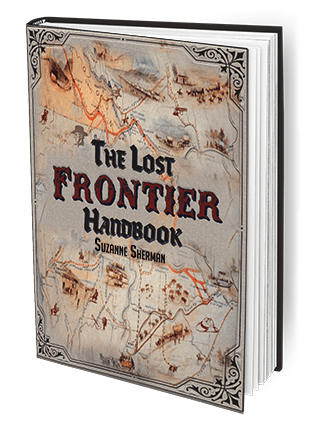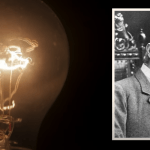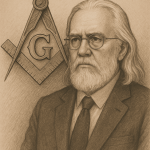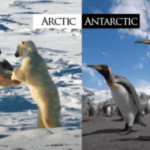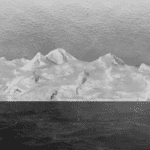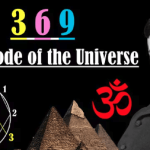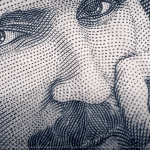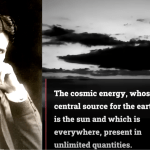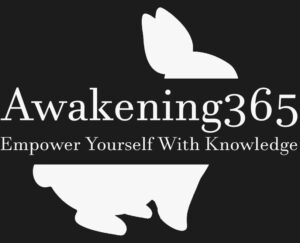Challenging the Idea of “Discovery”
The traditional narrative of Christopher Columbus discovering America is a misrepresentation of history, as it implies that the continent was unknown until a European explorer arrived. However, tens of millions of indigenous people already inhabited America, undermining Columbus’s supposed “discovery.”
Columbus and Occult Knowledge
Some theories suggest that Columbus possessed occult knowledge of the Americas and that the term “discovery” actually means “uncovering something concealed.” This idea supports the notion that history has been manipulated to suit the interests of the powerful.
The Falsification of History
Renowned philosophers like Jean-Jacques Rousseau and Voltaire have critiqued the way history has been distorted to serve certain agendas. This is especially true in the case of Columbus, whose “discovery” has been widely accepted as a historical fact.
Evidence of Earlier Explorers
Alternative theories, such as those proposed by David Icke, suggest that the Phoenicians reached the Americas around 3000 BC. Artifacts supporting this theory have been found in Brazil, and there is potential evidence of Egyptian influence in the Grand Canyon. These findings challenge the idea that Columbus was the first to “discover” America.
Native Legends and Pre-Columbian Contact
Indigenous legends from the Americas tell of tall white visitors who arrived from the sea, bringing advanced knowledge. These stories may provide evidence of pre-Columbian contact with other civilizations, further debunking Columbus’s “discovery” claim.
Columbus’s True Intentions
Columbus’s alleged mission to restock supplies before continuing towards Asia seems implausible, considering he arrived in the Americas, 750 leagues to the west as if he already knew of its existence. This raises questions about his true intentions and the extent of his knowledge.
Pre-Columbian Knowledge in Europe
The agreements signed by Columbus in April 1492 seem to place more emphasis on the jurisdiction of lands that might be discovered rather than the acquisition of wealth from Asia. This could indicate that European rulers were already aware of the Americas’ potential value.
The Mystery of Rosslyn Chapel
Scotland’s Rosslyn Chapel, completed in 1486, features depictions of corn and aloe cactus, plants native to the Americas and officially introduced to Europe in the 16th century. This enigma raises further doubts about the legitimacy of Columbus’s “discovery.”
Reevaluating the Significance of Columbus’s Voyage
In light of the evidence, it is crucial to reassess the significance of Columbus’s journey and question the validity of the traditional narrative. The truth about the “discovery” of America is far more complex than government-issued textbooks suggest.
The Importance of Delving into Lost History
As a truth seeker, it is essential to explore the lost history of the world and challenge the established narratives that have shaped our understanding of the past. By doing so, we can begin to unveil the truth about events like Columbus’s voyage and the “discovery” of America.
Conclusion – Unraveling the True Discovery of America
In conclusion, the widely accepted narrative of Columbus “discovering” America is a gross misrepresentation of historical events. When we consider the indigenous peoples, the possibility of pre-Columbian contact with other civilizations, and the anomalies present in Europe before Columbus’s voyage, it becomes clear that the traditional story is far from accurate. By challenging these misconceptions and diving deeper into lost history, we can begin to uncover the complex truth behind the discovery of America and its implications on our understanding of world history.

